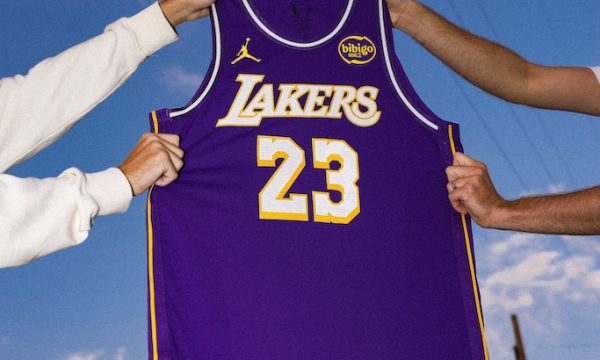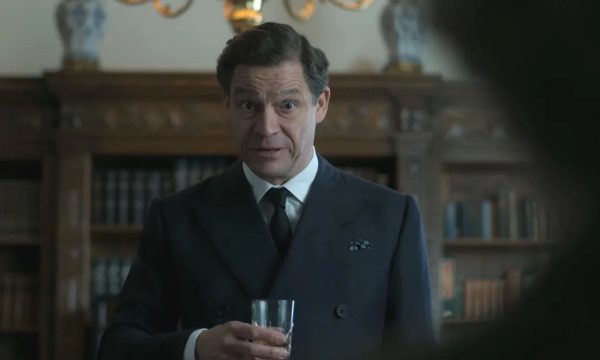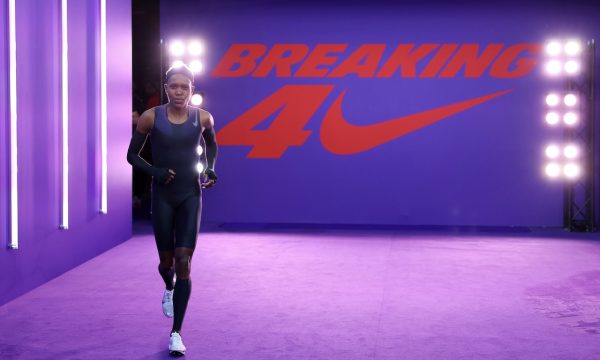Images Courtesy of Universal Pictures
With any great action movie comes many, many sequels. Arguably the greatest action movie of all time, Die Hard spawned four sequels. Indiana Jones has had equally as many high-octane adventures. James Bond, the granddaddy of all action films, has 22 installments and a 23rd scheduled for a 2013 release. When any movie strikes it big at the box office, it is kept around, rehashed, rebooted, and retooled countless times. The Bourne Legacy, the latest chapter in the book turned movie series Robert Ludlum created almost 40 years ago, is not your normal sequel, reboot, or reinvention. The Bourne Legacy is its own entity that occurs concurrently with the third Matt Damon film, The Bourne Ultimatum, which was released back in 2007. The decision to create a new protagonist in an already existing movie series universe has never (maybe not never ever, but definitely in recent memory) been seen in a film before. This type of sequel is so sparse in the Hollywood community that it has yet to have a catchy phrase attached to it. In an attempt to catapult LATF into the upper echelon of memorable “catch phrases,” or at least a spot in the back pages of Urban Dictionary, we have decided to coin the term “parallel picture” in an attempt to describe this type of synchronized sequel. Sadly, one term we cannot attach to the film is “good.” With an unfocused story, many plot distractions, a new lead and direction that does not live up to the originals, and an inability to resurrect the qualities that made the first three films so enjoyable, The Bourne Legacy may be a “parallel picture”, but it is not a very good one.
In a perfect example of the age-old “don’t judge a book by its cover” adage, the newest installment of the Bourne series does not follow Jason Bourne. The film opens, for no real purpose other than its aesthetic beauty, in Alaska, and proceeds to tell the story of Aaron Cross (Jeremy Renner). After watching a 30-minute long stunt spectacle showing off Renner’s ferocious attitude towards performing his own stunts, the audience eventually learns that his character is a member of ‘Outcome’ which is basically the National Defense’s version of the Treadstone project. Unlike the original films where the protagonist is searching for his ‘identity’, Aaron knows exactly who he is and what his motives are. Unfortunately for the viewer, most other aspects of Aaron’s back-story are left out. What we are shown, however, is Aaron’s extreme devotion to taking the red and blue pills that he pulls out of a necklace around his neck every single day. The storytellers behind The Bourne Legacy, mainly writer/director Tony Gilroy, do not tell the viewer exactly how the drugs effect the user, but apparently all ‘Outcome’ squad members use the drugs to gain better fighting abilities. As Jason wreaks havoc in London, the Treadstone mayhem eventually matriculates all the way down to Edward Norton’s character Col. Eric Byer. Byer, and the rest of the National Defense, decide to rid themselves of the ‘Outcome’ program in an attempt to alleviate the pressure from the growing Treadstone problem. In doing so, all ‘Outcome’ members, besides Cross who is able to escape, are neutralized. On the run, Aaron teams up with Dr. Marta Shearing (Rachel Weisz) who was a doctor responsible for administering the super-soldier drugs to the former ‘Outcome’ members.
As the story and action progresses, Jeremy Renner smoothly fills his role as an action hero of the same caliber as Matt Damon. His ability to execute the extremely intricate stunts designed and choreographed by Chris O’Hara and Jonathan Eusebio perfectly captures the gritty hand-to-hand combat the series is known for. In one particular scene, Renner’s character is able to simultaneously smash a bad guy through a window all while beating another guy down with his elbow and somehow managing to steal a sheathed gun from a third guy as well. Action sequences such as this have made the Bourne series as successful as they are, yet in the latest addition, the storyline bogs the film down with unnecessary political subtext.
Aaron Cross is a drug addict. He is literally kept alive by drugs that he consumes every day and logs nightly through blood samples sent to the Department of Defense. When Cross reunites with his ex-doctor, he embarks on a quest to attain more super-soldier drugs before the cravings kill him. To go cold turkey is to die for Aaron Cross. The Bourne Legacy needlessly delves into the international drug trade too much, and even goes so far as to bring Cross and Dr. Shearing to the Philippines to sneak into a massive drug producing facility in order to cure Cross’ addiction. The film is clearly not intended to be pro narcotics, but because there are so many side stories going on, one could feasibly make a claim that Cross is a crusader for the pro drug revolution.
The murky waters are made even dirtier through the continued use of Treadstone as a major thematic threat. At this point in the Bourne adventures, Treadstone has been the central antagonistic force in three movies. However, in this film Treadstone isn’t so much a direct threat anymore, but seems to be more a useful plot term that can be dropped into any CIA based exposition in order to dream up conflict without audience accusations. Based on the earlier films, Treadstone was a project installed by the CIA, yet the National Defense created ‘Outcome’, the organization that Aaron Cross works for. Even if one believes that a botched CIA based covert operation could have such a negative impact on non-related branches of the US government as to effectively shut down semi-similar programs in at least the Department of Defense sector, it is impossible to trust that the government would allow for the members of these shut down organizations to be murdered. Operation Treadstone should no longer be a threat. Jason Bourne already found out who they were and how to shut them down. A new problem organization should have been created for Aaron Cross.
Going even further, the decision to play the events of the third Bourne movie over Cross’ adventure does not add anything fulfilling to the story. The first half of the movie does a good job incorporating both Bourne and Cross’ stories, but the second half completely shuns Jason’s side and only focuses on Aaron’s mission. By films end, Bourne only makes a brief appearance on a news broadcast, but never crosses Aaron’s path. Director Tony Gilroy, when asked if Matt Damon will ever reprise his role as Jason Bourne, responded that he may farther down the line, but for the time being this is Aaron Cross’ story to tell, not Bourne’s. This has to be changed. Jason needs to eventually meet Aaron in order to satisfy the parallel universe story structure Gilroy has created. Why set the stories together if Aaron and Jason never meet?
There is a great scene that occurs right after Rachel Weisz’s character has her house ambushed by Department of Defense agents sent to kill her where Aaron Cross is able to perfectly time exactly when an enemy will reach the front stairs of the house. Cross uses his watch, and his killer instincts, to shoot an enemy agent through a closet door. Unfortunately Tony Gilroy’s timing is not as spot on. After writing the first three Bourne films, Tony Gilroy plops down into the director’s chair for his first Bourne film. With an acclaimed film (Michael Clayton) already under his belt and a fantastic cast in front of the camera, it could easily be assumed that the Bourne Legacy has the serious potential to be a smashing success. With an over ambitious story, clunky antagonistic forces, and pseudo-political narrative efforts that do not work, the film becomes derailed and unfortunately never finds its way back on track.
There will clearly be more Bourne films in the future. This ‘parallel picture’ is filled with caveats and directions that can be branched into new stories for future films. In order to be more successful than the first, however, Gilroy needs to stick to the Bourne basics: country hopping and action. There are plenty of hard-nosed political thrillers out there, but what makes films like Die Hard and James Bond and even Indiana Jones good, is the fact that they know they are action flicks not political movies. Aaron Cross needs to walk out of the classroom, and step back into his butt-kicking boots if he wants to stick around Hollywood. This last bit is made even funnier for those of you that have read Eric Van Lustbader’s novel The Bourne Legacy, as it shows Jason Bourne as a college professor. Maybe that would have made for a better sequel.
By David Morris














